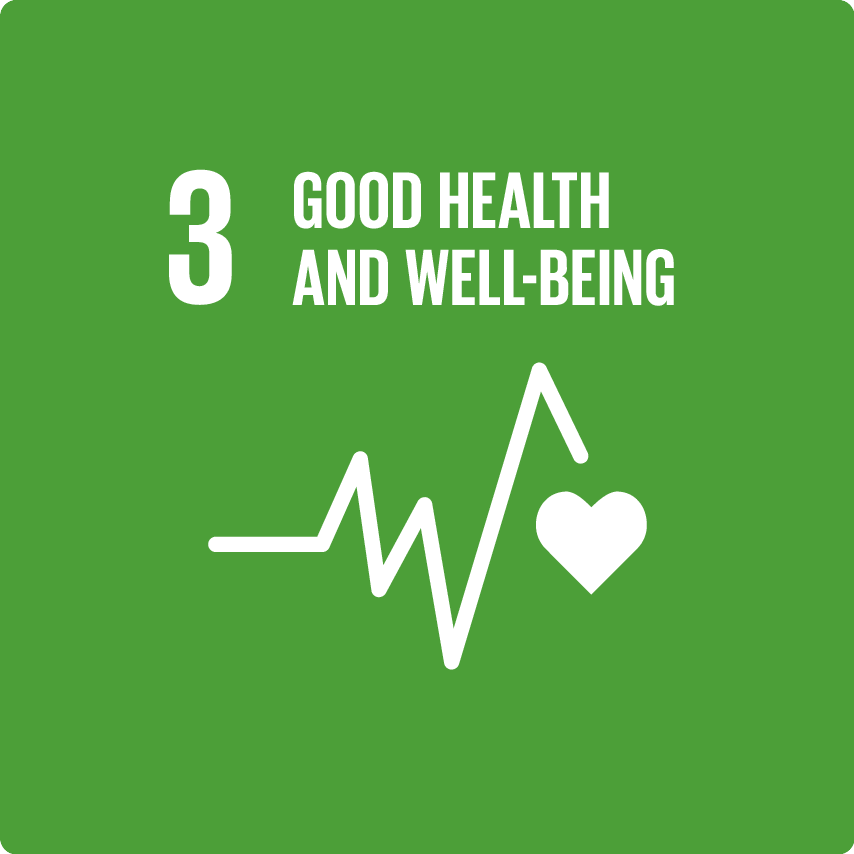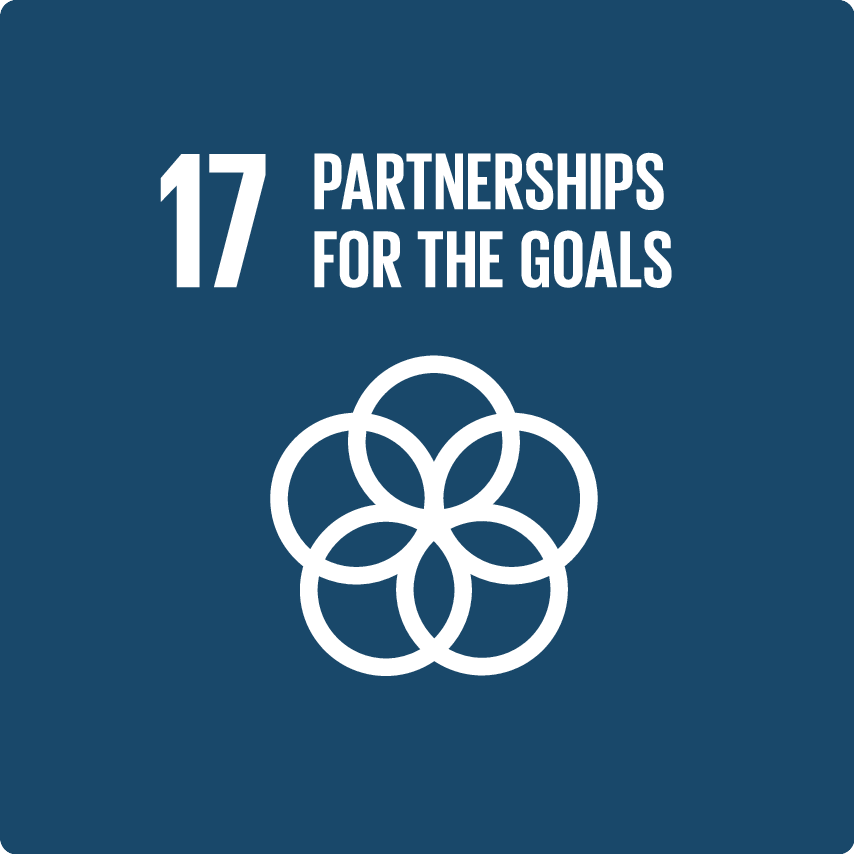Takeda and IntraHealth, IMPROVING MATERNAL AND CHILD HEALTH THROUGH QUALITY TRAINING FOR NURSES & MIDWIVES IN RURAL WEST AFRICA
This multi-country Global CSR Program partnership focuses on increasing the number of qualified, trained nurses who can serve rural West African communities facing a critical shortage of health workers
SEE ALL PARTNER ORGANIZATIONS
Objectives
To improve access to qualified health care for underserved populations in Mali, Senegal, and Niger by revolutionizing the training capacity of private nursing schools.
The governments of Mali, Senegal, and Niger rely on private schools to help overcome critical health worker shortages in rural and underserved areas, but these private schools lack accreditation, utilize outdated curricula and learning approaches, have inadequate teaching capacity, and do not cater to the needs of marginalized populations. As such, these underperforming schools graduate nurses who are poorly prepared to provide essential health services, disproportionately impacting the most vulnerable patients, such as mothers and children. COVID-19 has exacerbated this challenge and threatens to further worsen regional health outcomes.
Rural populations in Mali, Senegal, and Niger suffer from a lack of qualified nurses. Private schools are poised to address this need but lack capacity. Over 5 years the program is strengthening 12 rural, private schools’ ability to sustainably increase the number of qualified nurses ready to serve marginalized populations. Partnering with the public sector, the program supports schools to achieve this through accreditation, competency-based curricula, effective learning approaches, and graduating students from underserved areas. The program further addresses high attrition rates of health schools by integrating DEI practices into the schools’ processes, since the large proportion of dropouts are made up of low-income students, female students and students with disabilities.
Results and milestones
• Situational analyses conducted as part of the program identified gaps to be addressed in order to bring schools towards WAHO national accreditation standards. As a result of this analysis, 12 capacity building plans were developed, as
well as a procurement plan, divided by type of equipment to be acquired for the schools in each country.
• 3 National Accreditation Committees (ACs) established (1 per country ) in Mali, Niger and Senegal
• RMNCH curricula (including aspects related to emerging and infectious diseases) was updated in Mali to align with WAHO standards.
• 3,073 students, faculty and staff in Mali, Niger and Senegal developed new or enhanced health care skills and knowledge
• 870 qualified health professionals received training.
• 33 RMNCH curricula modules focused on sustainable learning systems and fostering self-reliance were digitized to facilitate e-learning (e.g., in the format of the modules’ design, audio files attached to visuals, use of lots of visuals),
integrating DEI considerations to make materials inclusive.
• Internal Quality Assurance and Accreditation Units have been initiated in each of the 12 partner schools.
Geographic Reach
- Africa
Disease Area
- Other
Target Population
- Women
Partner organizations
IntraHealth
Geographic Reach
Africa
- Mali
- Niger
- Senegal

